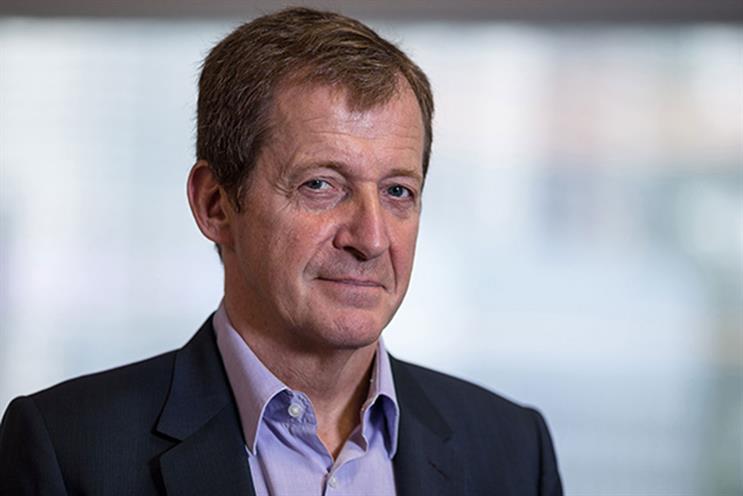
Campbell was speaking at a Rising Stars event in Westminster last night organised by comms firm Portland, where he is now an adviser. The former Whitehall PR started his speech with a tongue-in-cheek apology to the PR and media attendees for .
On nurturing a good reputation, he said: "It’s not about getting the good press all the time, it’s about doing the stuff that you want to do and making sure that over time people understand what it is. Sometimes, you’ve got to go to your boss or whoever and say 'I don’t care, it’s not important that the Daily Mail said that or that The Daily Telegraph’s done that'.
"It’s not about the media any more, the media love to make it all about them but I really do think it’s important that governments, companies, sports organisations, charities, that they understand it is about them – you have to take ownership of your own strategic space," he said.
"You can only control what you do and what you say you do," he continued, adding that reality was "always more important than the spin around it".
He said that when he was growing up, "the media" meant a daily newspaper, a local weekly, your favourite magazine and TV news at a set time. "That's all totally gone," he said, noting the fragmentation, expansion and rapid changes to the range and variety of media outlets.
This meant it was now impossible to control the media agenda. "Back in the 90s, it was possible to control the agenda – if we were able to come up with something and it led the BBC, and The Times splashed on it and it got a couple of pages in the tabloids, you could set the agenda for a day or so. There’s no such thing as an agenda any more; the agenda has just become a mass of competing stuff," Campbell said.
He also said that the huge quantity of noise – giving the example of the millions of tweets about the performance and ability of football managers – was difficult to ignore. "What that does is it creates massive stress upon a leader, and one of the leader’s most important qualities is to resist that stress, otherwise they cannot make decisions," he said.
Campbell also said he thought that comms was "an extraordinary, necessary and noble thing".
This article was first published on .

.jpg)


.jpg)